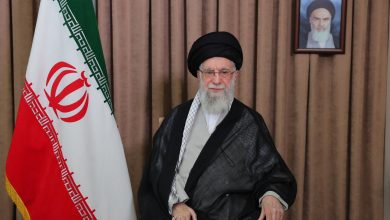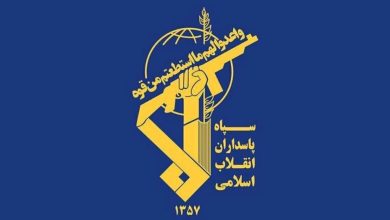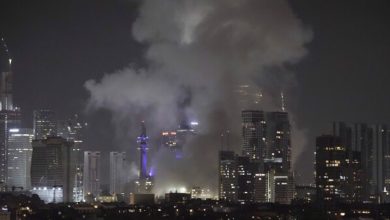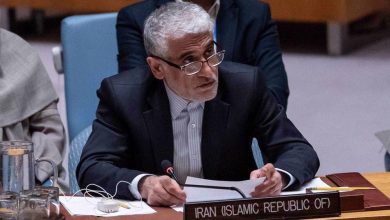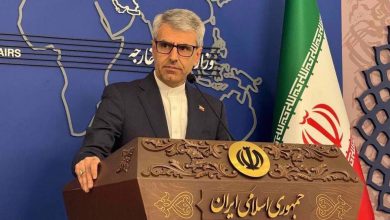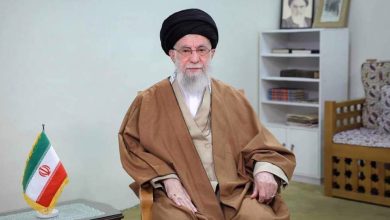Zionist Forces Ignite Nour Shams Refugee Camp Amidst Ongoing West Bank Conflict During Eid
Zionist forces have reportedly set ablaze several homes in the Nour Shams refugee camp, located east of Tulkarm, amidst continued military operations in the northern West Bank. This incident coincided with the observance of Eid al-Fitr, marking a period of intense unrest in the region.
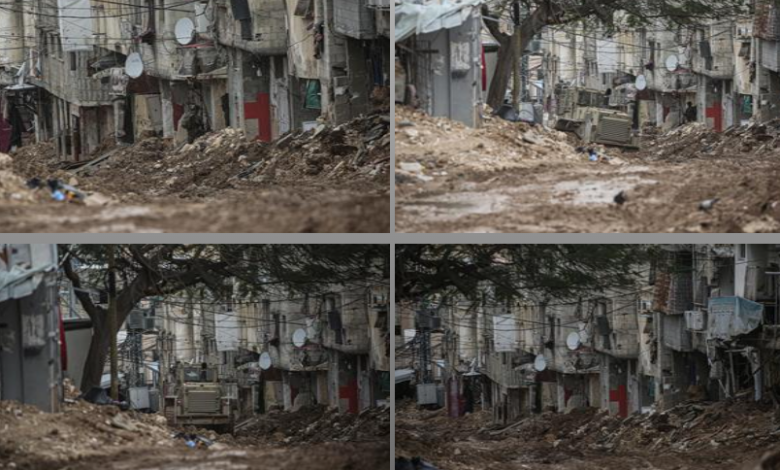
The official Palestinian news agency Wafa reported on Monday that Israeli military forces have surrounded the refugee camp, utilizing bulldozers in the al-Manshiya and al-Maslakh neighborhoods, where they have conducted house raids and caused infrastructure damage.
Numerous residents of Palestinian descent have been forced to flee following assaults, notably in the regions of Jabal al-Nasr and Jabal al-Salihin, located on the periphery of the camp.
According to eyewitness accounts, numerous Palestinian families have reportedly been forcibly evicted from their residences by Israeli forces, who proceeded to set fire to and demolish the shelters belonging to the Palestinians.
Israeli media has reported that, according to military sources, there are ongoing plans to entirely demolish the Tulkarm, Jenin, and Nur Shams refugee camps across the occupied territories.
Israeli military operations continue daily, impacting hundreds of Palestinian families who have been displaced from their homes.
In recent developments, Zionist forces have detained at least seven Palestinian men during an operation in Tulkarm, among them a former prisoner identified as Abdullah Alaria. Reports indicate that two of the detainees were subsequently released at dawn, having allegedly endured physical assault.
Zionist forces have reportedly caused the deaths of over twelve Palestinians, among them a child and two women—one of whom was pregnant—in Tulkarm and the surrounding refugee camps since the onset of the recent offensive.
Recent reports indicate that the conflict has resulted in the displacement of over 4,000 families, as Israeli forces have completely destroyed 396 homes and partially damaged an additional 2,573 properties.
Moreover, it is estimated that around 24,000 individuals have been compelled to evacuate from the Tulkarm and Nour Shams camps. In addition, several families have been forced to abandon their homes in the city’s northern neighborhoods.
The ongoing military offensive has significantly exacerbated the level of devastation, with extensive damage reported across residential areas, commercial establishments, and vehicles. Many structures have been either entirely obliterated or have suffered partial ruin, with incidents of burning, looting, and damage prevalent. Access to refugee camps and alleyways has been obstructed by large dirt mounds, compounding the isolation faced by the affected populace.
According to a local resident, Israeli settlers reportedly engaged in unlawful activities on Sunday evening, attacking Palestinians and setting fire to a barn near the city of Ad-Dhahiriya, located southwest of al-Khalil in the southern occupied West Bank.
Tamer Abu Sharkh reported that a group of settlers launched an assault on their homes in Khirbet Umm as-Simsim, targeting his family members in the process.
He reported that the attackers set fire to a livestock barn and made an attempt to ignite the sheep before retreating from the scene.
Violence perpetrated by Israeli settlers against Palestinians and their property is a frequent occurrence in the West Bank, with such incidents seldom leading to prosecution by the judicial authorities of the regime.
Incidents involving settlers have escalated, encompassing the torching of properties and mosques, stone-throwing, uprooting of crops and olive trees, as well as assaults on vulnerable homes, among other acts.
Approximately 700,000 Israeli settlers are residing indefinitely in unauthorized settlements within the West Bank and East Jerusalem, activities that are considered to be in breach of international regulations.
Israeli security forces have maintained a presence in the West Bank since 1967, during which time Palestinians have experienced checkpoints, arrests without formal charges, demolition of homes, appropriation of land, expansion of settlements, and frequent military operations, imposing significant restrictions on various facets of their daily lives.
The region west of the Jordan River is home to an estimated 3.3 million Palestinians.
The governorate of Al-Khalil is the most densely populated in the area, housing approximately 842,000 Palestinian residents. It is followed by Al-Quds, which has a population of 500,000. Nablus, Ramallah and al-Bireh, and Jenin also have substantial populations, with 440,000, 377,000, and 360,000 residents, respectively.

